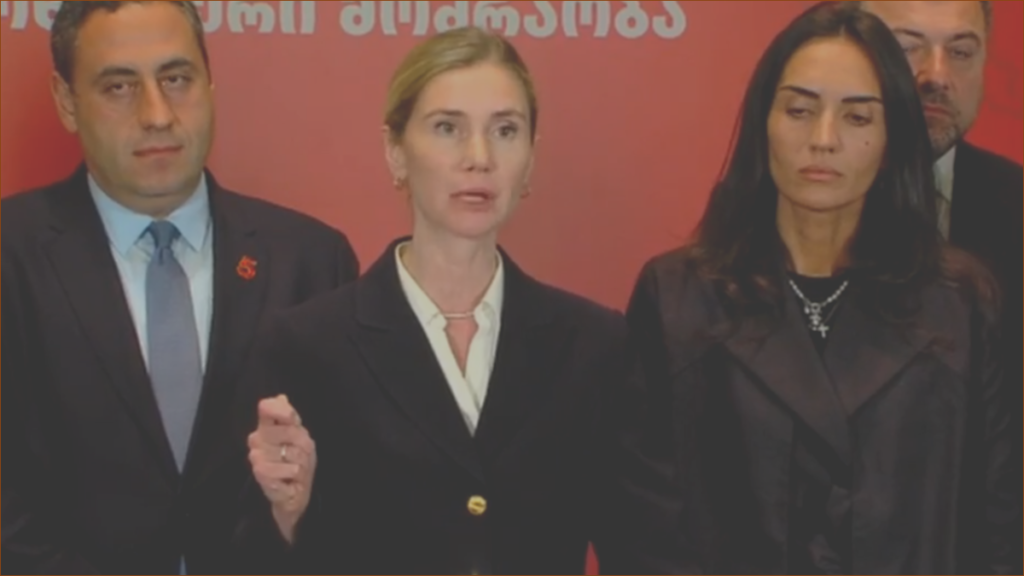In the vibrant political theater of Georgia, a tempest brews as the Pro-Western opposition leaders categorically declare their refusal to acknowledge the outcomes of the parliamentary elections held on October 26. They allege, with fervent conviction, that this crucial electoral exercise has been brazenly ‘stolen’—a claim that resonates deeply in the pulse of Georgian democracy.
As the dust begins to settle, preliminary results from the Central Election Commission unfurl a narrative where the ruling Georgian Dream party emerges with a formidable 53 percent of the vote, a figure gleaned from an approximate 70 percent assessment of precincts. Meanwhile, the opposition, rallying their supporters with a call to action, reports garnering around 38 percent of the ballots cast.
The air is thick with tension, casting shadows of doubt and discontent across the political landscape. Each side gears up for what promises to be a riveting showdown, evoking hopes, fears, and a renewed sense of political activism among the populace. In this charged atmosphere, the implications of these elections ripple far beyond the numbers, igniting debates about fairness, governance, and the very soul of the nation.

